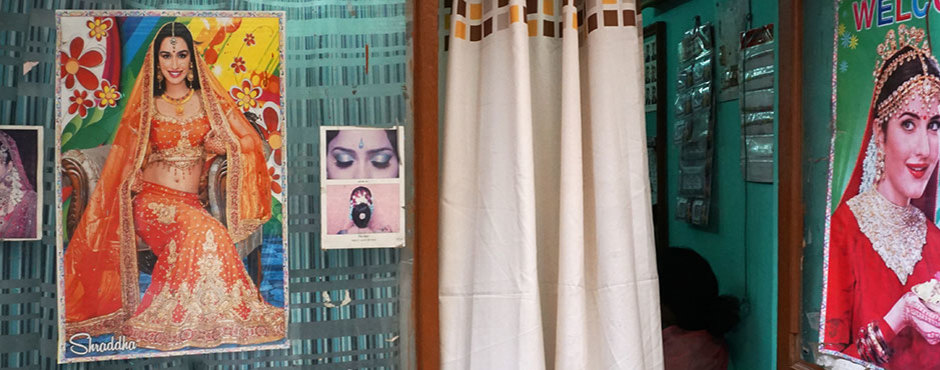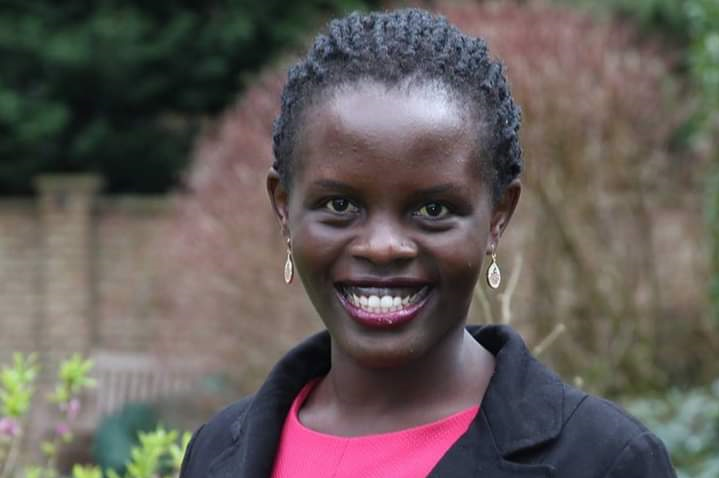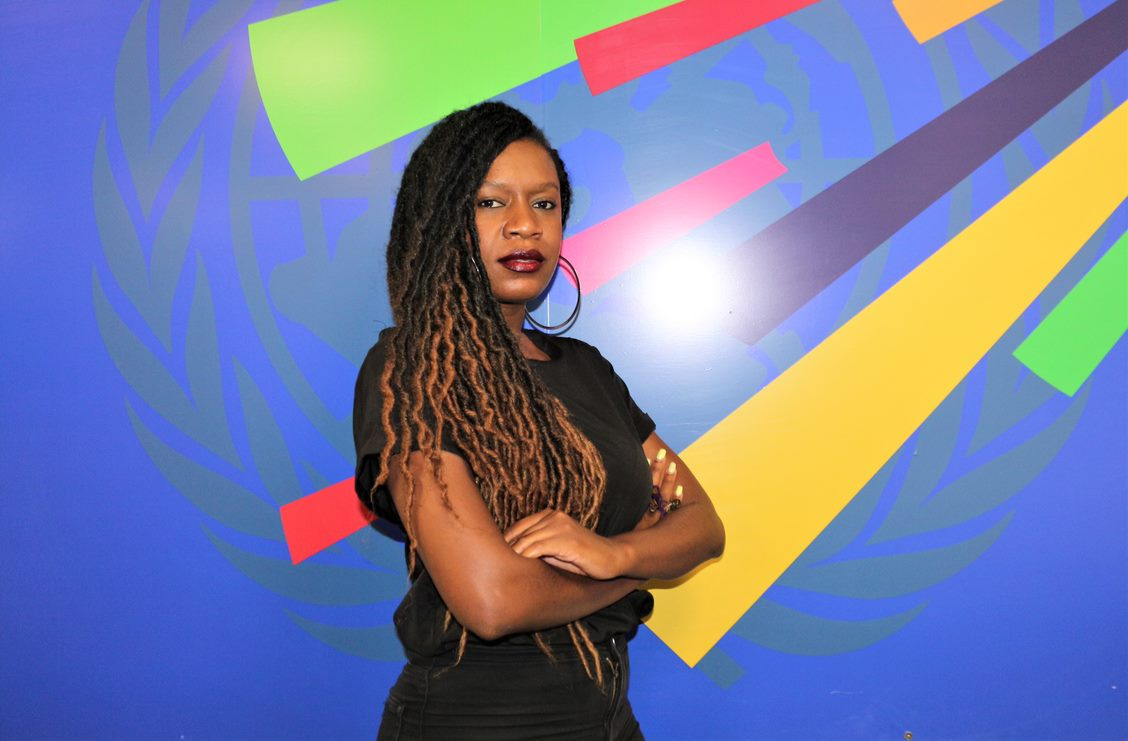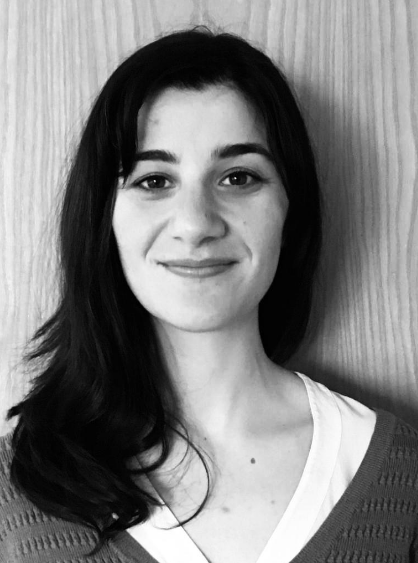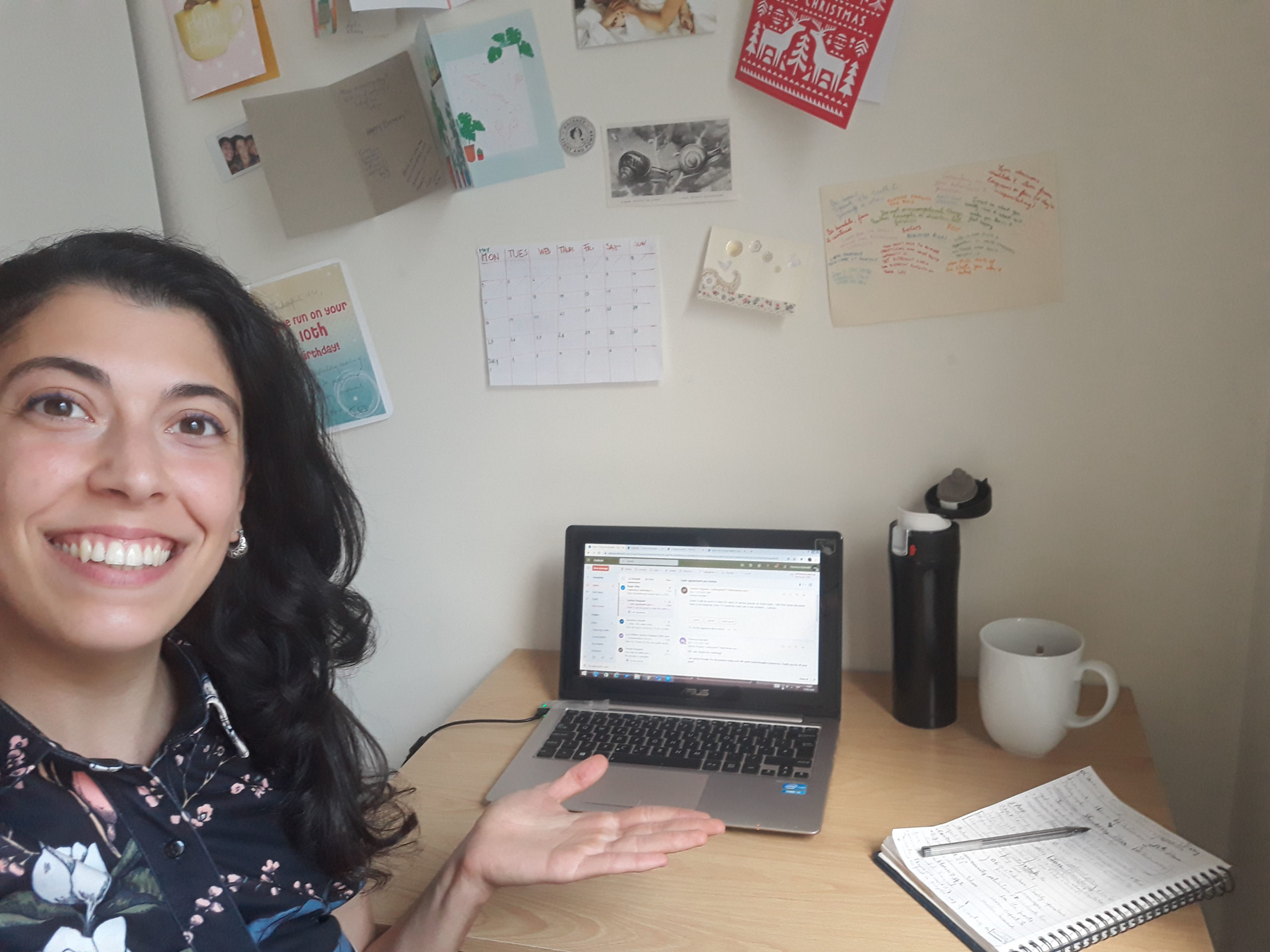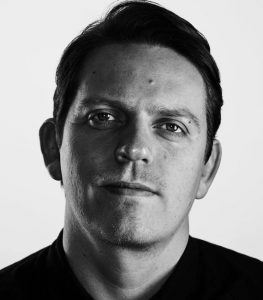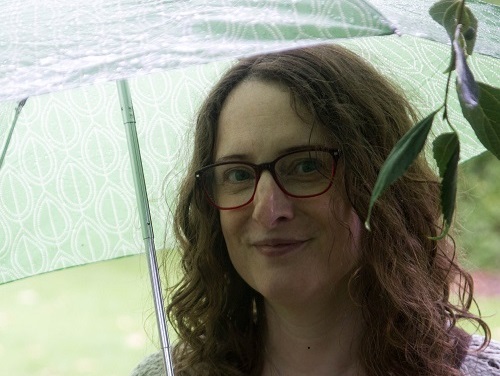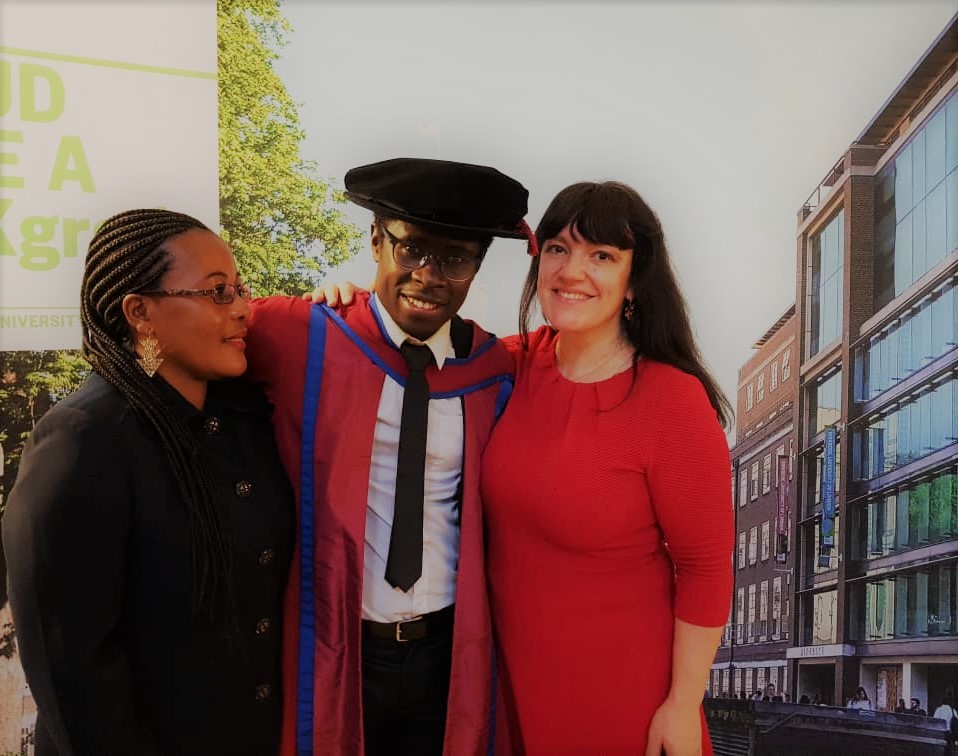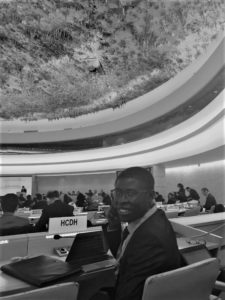Struggling to find the motivation to get through the final furlong of your PhD? Professor Almuth McDowall, Head of the Department of Organizational Psychology, shares some top tips to help you finish strong – with many thanks to Rob Briner, Kamal Birdi, Jane Ogden, Gail Kinman, Katrina Pritchard; and Rebecca Whiting for the quote in the title.
Studying for a PhD and writing the thesis is one of the most challenging undertakings in academic life. One of the difficulties is that there is no blueprint. Each research journey is different. Each thesis is unique. Some of us, and this includes me, probably spent too much time and energy emulating others. Then the realisation dawns that it’s yours and only yours to finish.
Writing the thesis is not a linear journey. There are stops and starts along the way. We start doubting our capacity as writers. We will wonder if our research will ever be good enough. Will people care? Or will they look down on our undertakings? Self doubt tends to creep in.
Motivation is also an issue. On the home stretch, which should be the final energetic lap, many of us get bored with our own words. The end is in sight, but energy levels dip, which often means that procrastination sets in.
What can we do on the final furlong? In no particular order, here are our top tips:
Make yourself a plan and timetable
Month by month at first. Week by week on the final stretch. Share this. Make it accountable. If you miss deadlines and milestones, rethink and learn from why this happened. If you were too ambitious, revise timelines but share this with your supervisor. If slippage happened because you simply didn’t write, reflect on why this happened. Don’t beat yourself up, but recognise that this was a slip and think of strategies to do better next time.
Create a reward system and reward chart
Maybe don’t hit the biscuit tin every time you write 500 words, but think of other treats. A walk in the park? A cup of your favourite tea? Relish and notice the reward. It will feel very satisfying to tick tasks off.
Divide tasks up into ‘intellectual’ and ‘housekeeping’
Some tasks are tough mental work, such as writing a meaningful conclusion. Others are more tedious, such as formatting tables, but these tasks still need to be done. So when you are feeling fresh, do the hard stuff. When you have brain fog, do the simpler tasks. This way, productivity is kept up.
Enough is enough
No thesis is perfect. A take-home of five to six contributions, clearly articulated, is better than a long list.
Divide your attention equally
Don’t fall into the trap of going over and over a certain section, but neglecting other equally important sections of your thesis. Use your chapter structure to ensure that you work across all chapters equally. It’s a common trap to neglect the conclusion. Use your abstract to articulate and shape what your key contributions are.
Chunking is your friend
Don’t think about writing thousands of words, or an entire chapter. Think about writing lots of 500 words. It will feel much more manageable.
Use your submission form to fix the end date
Do this as soon as realistically possible. Seeing the date in print makes it more real and will focus your energies.
Let go of perfection
A perfect thesis is a rare creature. Is this really what it’s all about? Doing doctoral research is an apprenticeship which prepares you for the next chapters of your life. Celebrate what you do well, and don’t mull on your weaker points. Good research is rarely perfect but thought provoking. That’s what it is all about.
Make a plan
Our final tip is not just to read ‘top tips’ but to plan how to put them into action. What are you going to tackle first of the above? Always remember – “a good PhD is a finished PhD”. Perfectionism and ambition are helpful, but should not deter and detract you from the final submission. It’s part of an academic’s life that we worry if our work is good enough, liked, cited and used by audiences. A thesis does not have to be perfect, but needs to document a learning journey.
We wish you well in your writing journey on the ‘final furlong’.
Further Information:


